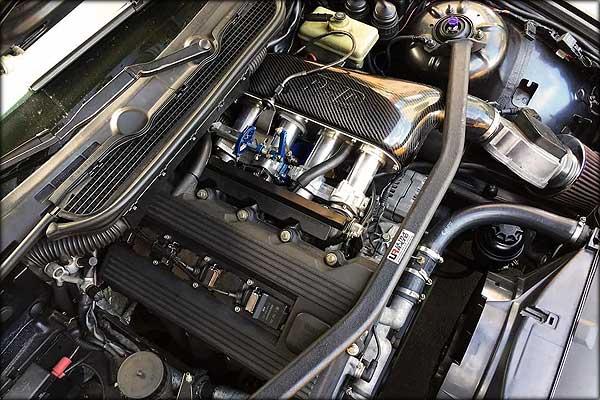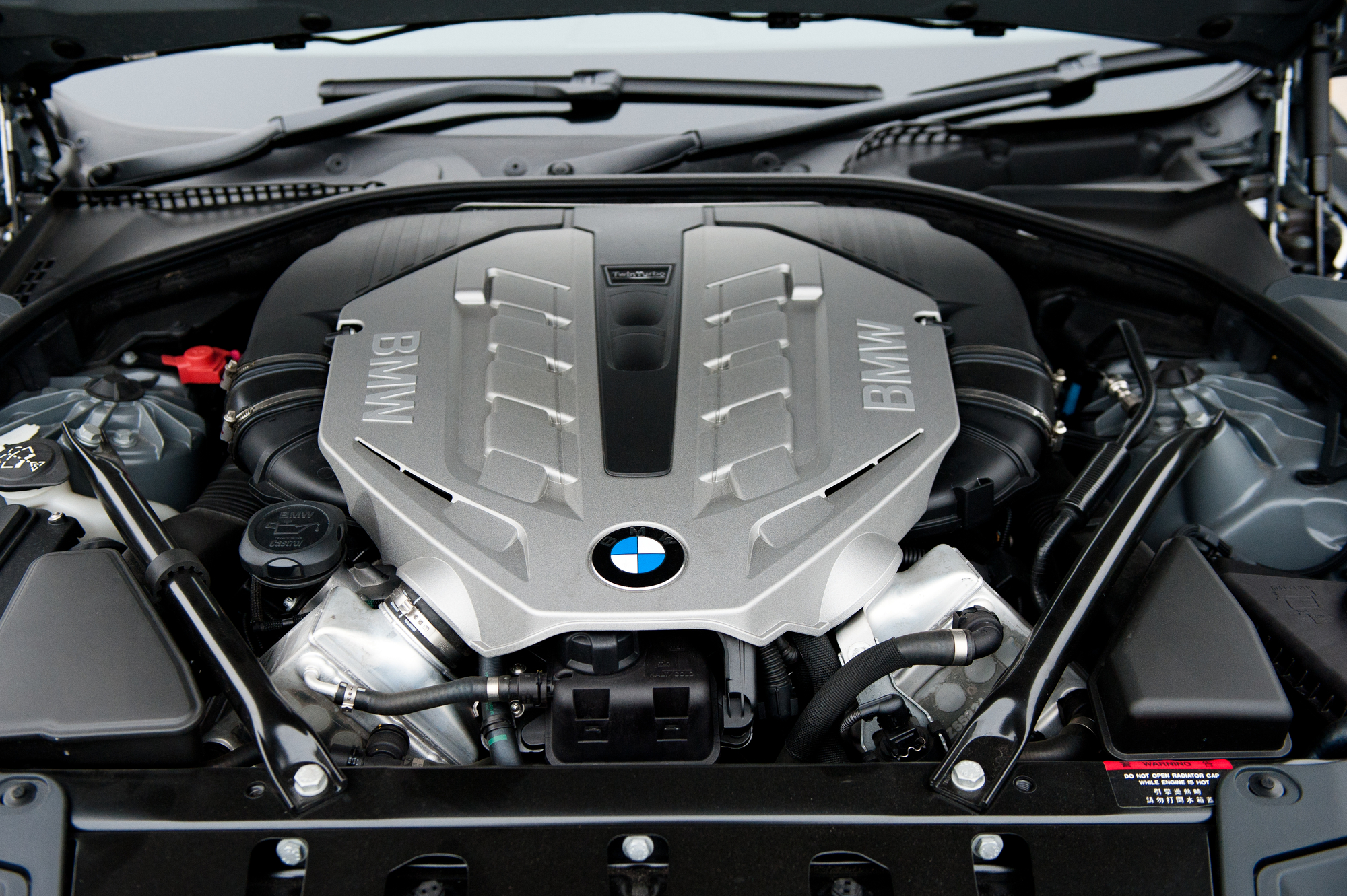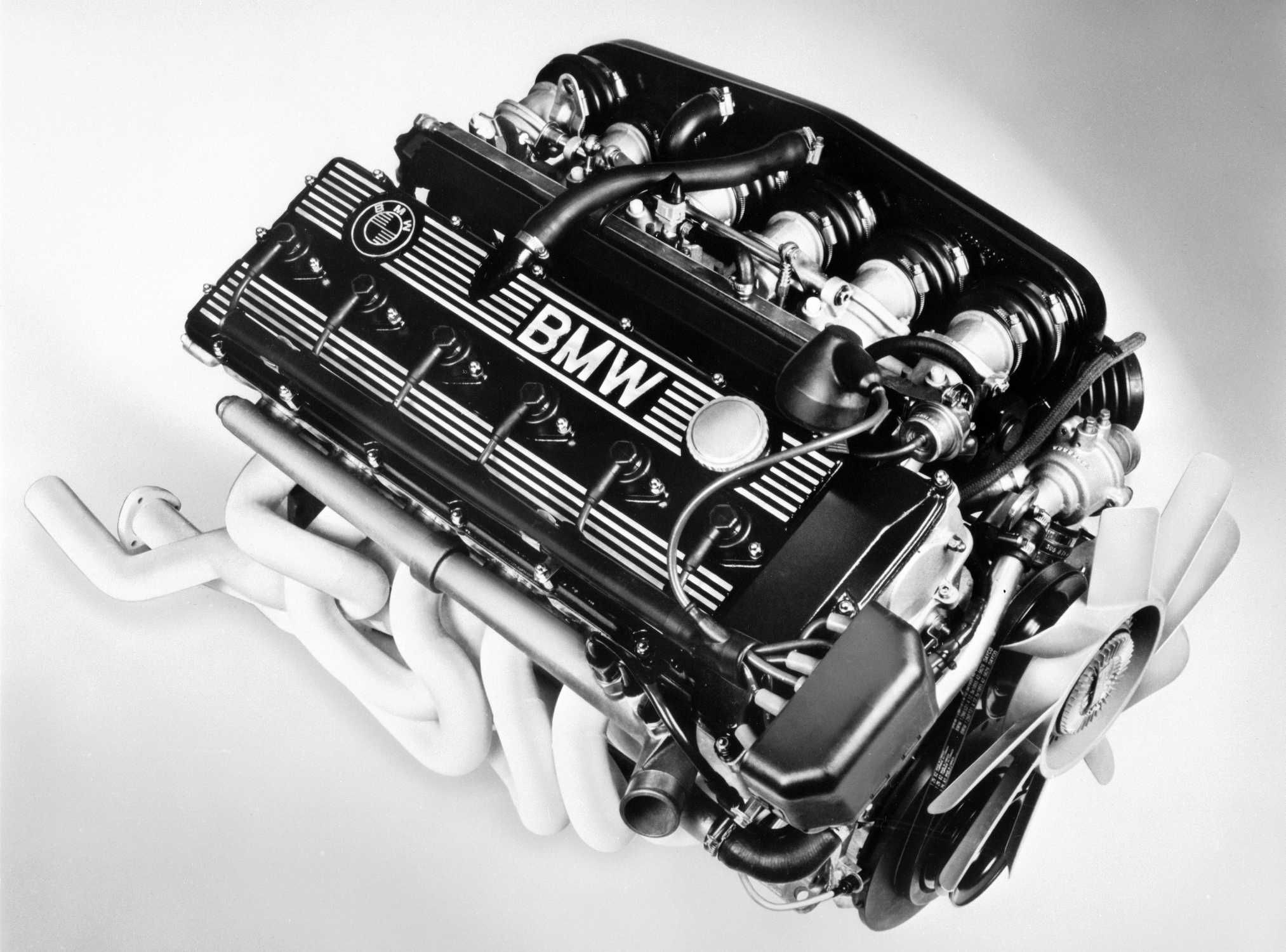Revealing the Intricacies of Next-Generation Power Units: a Deep Dive Into Advanced Engine Technologies and designs
In the realm of vehicle design, the unrelenting search of performance, sustainability, and efficiency has actually moved the evolution of power units to unmatched elevations. As we base on the precipice of a new era in transport, the intricacies of next-generation engine designs beckon us to check out the sophisticated innovations and technologies that promise to redefine the driving experience. From sophisticated products that push the limits of durability and weight decrease to advanced turbocharging and supercharging systems that boost power result to new levels, each part of these power systems holds a vital to unlocking the future of automotive design. Delving much deeper into the worlds of exhaust control, intelligent engine management systems, and the perspective of power unit development, we find ourselves on the cusp of a makeover that guarantees to improve the landscape of wheelchair as we understand it.
Advancement of Engine Products

The shift towards advanced engine products has also allowed engineers to develop engines with higher power results while keeping fuel effectiveness requirements. The use of lightweight materials lowers the overall weight of the engine, leading to boosted gas economy and lower exhausts. In addition, developments in products innovation have enabled much better thermal administration within engines, resulting in boosted dependability and durability.
Turbocharging and Supercharging Technologies
Just How do Turbocharging and Supercharging Technologies revolutionize engine efficiency and effectiveness in modern cars? Turbocharging and turbo charging are modern technologies that significantly boost engine efficiency by increasing the amount of air consumption right into the combustion chamber. Turbocharging attains this by making use of a wind turbine driven by exhaust gases to pressurize the intake air, while turbo charging uses a belt- or chain-driven compressor to accomplish the exact same impact.
These innovations enable smaller sized, much more fuel-efficient engines to generate power comparable to bigger ones, called downsizing. Forcibly even more air into the cyndrical tubes, supercharging and turbocharging improve burning performance, resulting in raised horse power and torque outcome without a considerable rise in engine size. This causes much better acceleration, hauling ability, and overall driving efficiency.
Additionally, supercharging and turbocharging add to enhanced gas effectiveness by permitting the use of smaller sized engines that consume much less fuel under regular driving conditions - bmw engine. This combination of boosted efficiency and efficiency has made turbocharging and supercharging integral components of lots of modern-day engine designs
Emission Control and Environmental Impact
With increasing international issues regarding air top quality and ecological sustainability, the implementation of emission control innovations in lorries plays a crucial function in minimizing dangerous contaminants launched into the atmosphere. Modern cars are outfitted with sophisticated exhaust control systems that aid lessen the environmental more info here impact of automobile operations. Catalytic converters, as an example, are developed to transform toxic gases such as carbon monoxide, nitrogen oxides, and hydrocarbons right into much less Read More Here hazardous substances like carbon dioxide and water vapor.
Additionally, developments in engine technology, such as the integration of exhaust gas recirculation systems and careful catalytic reduction, have dramatically added to decreasing discharges. These innovations operate in tandem to optimize burning efficiency and reduce the release of harmful pollutants right into the air. Furthermore, the growth of crossbreed and electric vehicles stands for a critical action towards reducing the total ecological footprint of the transport market.
Intelligent Engine Administration Equipment

Moreover, these systems enable automobiles to satisfy stringent exhausts standards without endangering performance, giving a much more environmentally pleasant driving experience. The integration of fabricated intelligence and artificial intelligence capabilities in engine monitoring systems proceeds to push the boundaries of what is feasible, bring about additional improvements in effectiveness, integrity, and overall vehicle performance. bmw engine. As automotive modern technology advancements, smart engine monitoring systems will play a crucial role fit the future of transport towards a much more efficient and sustainable instructions
Future Trends in Power Unit Advancement
As smart engine management systems pave the way for boosted control and optimization in modern-day automobiles, future trends in power system advancement are poised to redefine the landscape of automobile propulsion modern technologies. These different power resources use improved efficiency and performance while aligning with rigorous ecological guidelines.
One more significant fad is the assimilation of innovative products and producing techniques. Light-weight materials such as carbon fiber and aluminum are being made use of to lower general car weight, enhancing fuel effectiveness and performance. Furthermore, developments in 3D printing and additive manufacturing are enabling the manufacturing of intricate engine elements with higher accuracy and resilience.
Moreover, expert system and artificial intelligence are playing an essential duty in optimizing power system efficiency. These technologies allow for real-time surveillance and adaptive control, leading to extra reliable and effective power shipment. In general, future fads in power system growth are tailored towards efficiency, sustainability, and efficiency, driving the automobile market in the direction of a new era of propulsion technologies.

Conclusion
In verdict, the developments in engine materials, turbocharging, exhaust control, and smart administration systems have actually led the way for next-generation power units. The find here complex layouts and innovations in modern engines showcase the continuous advancement of auto technology.
Exploring the progressive improvements in engine products has actually been pivotal in improving the performance and effectiveness of contemporary engines. Over the years, the development of engine products has played a vital role in pressing the borders of what engines can attain.The change in the direction of progressed engine products has actually also enabled engineers to design engines with higher power outputs while maintaining gas efficiency standards.The implementation of smart engine monitoring systems in modern-day automobiles has changed the means engines are regulated and optimized for efficiency and performance. By gathering data in real-time and analyzing it with sophisticated algorithms, smart engine administration systems can adapt to driving styles, ecological aspects, and engine health and wellness to make the most of power output while decreasing gas consumption and emissions.